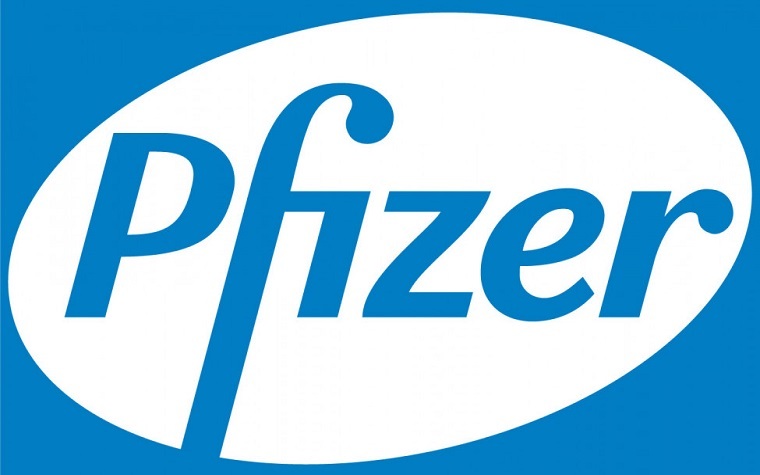Pfizer issued the following announcement on May 23.
Pfizer Inc. (NYSE:PFE) announced today that tafamidis received Breakthrough Therapy designation from the US Food and Drug Administration (FDA) for the treatment of patients with transthyretin cardiomyopathy, a rare, fatal, and underdiagnosed condition associated with progressive heart failure.1,2
This decision is supported by topline results from the tafamidis Phase 3 Transthyretin Cardiomyopathy (ATTR-ACT) study, in which tafamidis demonstrated a statistically significant reduction in the combination of all-cause mortality and frequency of cardiovascular-related hospitalizations.1 Currently, there are no approved pharmacological treatments specifically indicated for this disease, and the average life expectancy for people with transthyretin cardiomyopathy is 3 to 5 years from diagnosis.3.4
“This designation is an important step forward in the path to bringing a potential new treatment option to those with transthyretin cardiomyopathy, a rare, fatal disease,” said Brenda Cooperstone MD, Senior Vice President and Chief Development Officer, Rare Disease, Pfizer Global Product Development. “We look forward to working with the FDA through this expedited process to fulfill an unmet patient need.”
Breakthrough Therapy designation was initiated as part of the Food and Drug Administration Safety and Innovation Act (FDASIA) signed in 2012. As defined by the FDA, a breakthrough therapy is a drug intended to be used alone or in combination with one or more other drugs to treat a serious or life-threatening disease or condition and preliminary clinical evidence indicates that the drug may demonstrate substantial improvement over existing therapies on one or more clinically significant endpoints, such as substantial treatment effects observed early in clinical development. If a drug is designated as a breakthrough therapy, the FDA may expedite the development and review of such drug.5
Original source can be found here.











 Alerts Sign-up
Alerts Sign-up